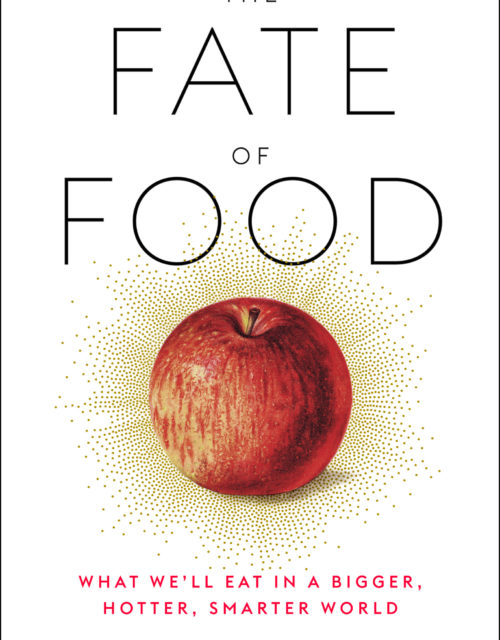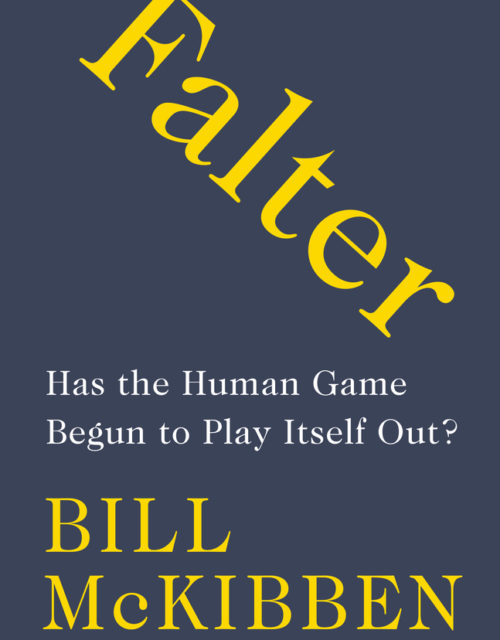Science, the Endless Frontier at 75
An influential policy document called Science, the Endless Frontier has provided the blueprint for public investment in scientific research in the United States for the past 75 years. Essays in the Winter 2020 Issues in Science and Technology—the first in a year-long series of articles on the anniversary of Science, the Endless Frontier—reassess the legacy of this policy document and argue that the time has come to put science policy on a firmer footing in order to confront the challenges of the twenty-first century.
Editor's Journal
Necessary but not Sufficient?
As any even casual student of American science and technology policy well knows, Science, the Endless Frontier is the 1945 policy document that articulates the dominant rational for the US government’s investment… Read More
Forum
Mindfulness Muddle
Read MoreScience, Sport, and Sex
Read MoreCombatting Tech Hype
Read MoreReassessing Roundup
Read MoreRetrofitting Social Science
Read MoreEthics in Technology Assessment
Read MoreKids Are Fine Online
Read MoreTackling Tough Decarbonization
Read MoreClimate Emergency Hazard
Read MoreA Growing Social Media Problem
Read MoreUS Census Set for Changes
Read MoreFuture of Artificial Intelligence
Read More

Gallery
Neural Glitch
Perspectives
The US Shouldn’t Abandon the Nuclear Energy Market
As a pioneer in the nuclear power sector, the United States shaped the international regulatory regime that established norms and agreements to promote the peaceful use of nuclear energy. However, US competitiveness… Read MoreSciences, Publics, Politics: Lessons From Canada’s Climate Wars
When Liberal Party leader Justin Trudeau took office in 2015 as Canada’s prime minister, a top priority was to establish Canada as a global leader on climate change. At the United Nations’… Read MoreTime for a Digital-Cyber Land Grant System
Digital companies are in the news a lot these days, and not always for positive reasons. The media reports that Amazon was driven out of New York City; that Facebook paid a… Read More

Gallery
Shaping Our Genetic Futures
Features
Chinese Science Policy at a Crossroads
The sharp deterioration of United States-China relations over the past 18 months has raised a series of new challenges for Chinese scientific development. What started out as trade friction has evolved into… Read MoreChina and 5G
Read MoreChina is racing to be the first to build and operate 5G infrastructure with a whole-of-government approach encompassing resources and bureaucratic coordination not imaginable in the United States. To facilitate its goals, the Chinese government is aiming to ensure that global standards are compatible with Chinese technology for generations to come.
Gene Drives: New and Improved
It is now more than three years since the National Academies of Sciences, Engineering, and Medicine released their influential report Gene Drives on the Horizon: Advancing Science, Navigating Uncertainty, and Aligning Research … Read MoreWill Precision Medicine Lead to a Healthier Population?
Human health and biomedical science have been transformed in tandem over the past two centuries. From around 1850 to 1920, better nutrition and prevention of epidemic infections were the main contributors to… Read MoreOwnership Dilemmas in an Age of Creative Machines
Recently, a computer-generated work of art titled “Edmond de Belamy, from La Famille de Belamy” was sold by the auction house Christie’s for $350,000 to an anonymous bidder. Purported to be the… Read MoreHow Academic Science Gave Its Soul to the Publishing Industry
Read MoreIn accepting publication metrics as the lodestar for judging the merits of scientific research, the scientific community willfully cedes a significant degree of its self-governance to a small number of scientific publishing companies that are fundamentally responsive to the interests of corporate shareholders—not to the societies that fund and are promised the benefits of research.
Science Institutions for a Complex, Fast-Paced World
Read MoreThe post-World War II model for organizing science remains powerful, but moving beyond its limits will be necessary for assuring the contributions of science to solving a wide array of societal challenges.

Gallery
Nano Portraiture
Book Reviews

A Taste of the Future
“The main way that most people will experience climate change is through its impact on food—what they eat, how it’s grown, the price they pay for it, and the availability and choice… Read More
License and Registration, Please
In 2015, Texas state trooper Brian Encinia ordered 28-year-old Sandra Bland out of her vehicle after pulling her over for failure to signal a lane change. He then forcefully restrained her and… Read More
Creating Ethical Engineers
Read MoreThis remarkable book ought to be taught early in the education of every engineer. And lest potential readers be put off that the book’s title includes the newly ubiquitous term “whistleblowing,” this insightful work is really about “putting values to work in the profession of engineering.”

Catastrophic Myopia
There’s a lot of climate change catastrophe in bookstores these days. Falter, by Bill McKibben. Losing Earth, by Nathaniel Rich. The Uninhabitable Earth, by David Wallace-Wells. Three makes a… Read More
